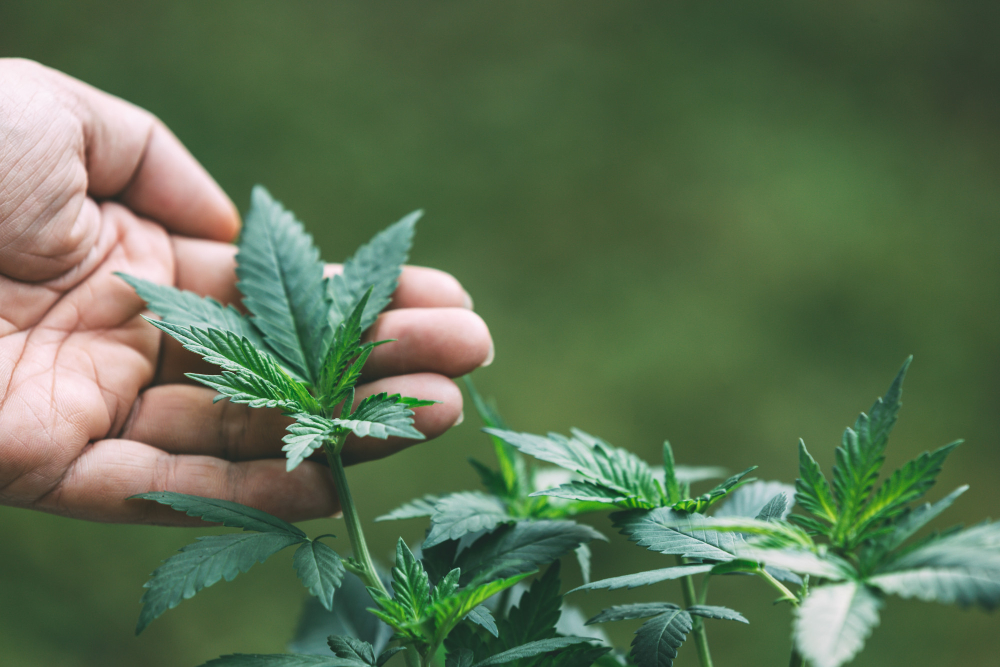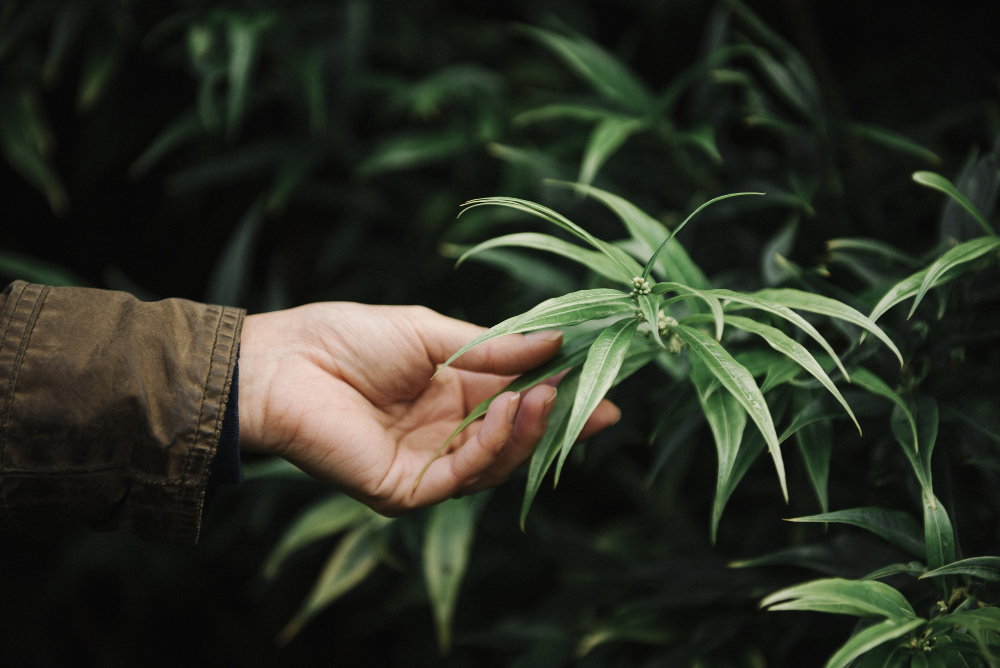Agropharm is a trusted engineering office and consultancy firm specializing in GACP certification for the pharmaceutical cannabis industry. With deep expertise in regulatory compliance, in Agropharm we guide cultivators through the certification process, ensuring their operations meet international quality and safety standards.
GACP is essential in pharmaceutical cannabis production as it establishes rigorous protocols for cultivation, harvesting, and handling. These practices help maintain product consistency, minimize contamination risks, and enhance traceability, critical factors for meeting regulatory requirements and ensuring patient safety.
As the global demand for pharmaceutical cannabis continues to grow, so does the need for GACP compliance. Many markets now require this certification to guarantee high-quality raw materials for medical applications. By achieving GACP certification, cannabis producers can enhance their credibility, expand market access, and demonstrate a commitment to excellence in cultivation. Agropharm plays a key role in simplifying this process, helping businesses achieve and maintain compliance efficiently.
What Is GACP?
Good Agricultural and Collection Practices (GACP) are internationally recognized guidelines designed to standardize the cultivation, harvesting, and handling of medicinal plants, including pharmaceutical-grade cannabis. These practices ensure that raw plant materials meet high-quality standards suitable for medical and pharmaceutical use.
GACP focuses on several key principles to maintain product integrity:
- Traceability: Every stage of cultivation, from seed selection to harvest, must be documented to ensure full traceability. This helps identify and control any quality issues that may arise.
- Quality Control: GACP guidelines establish strict protocols for soil management, irrigation, pest control, and post-harvest processing to prevent contamination and maintain consistency in cannabinoid content.
- Worker Safety: Proper training, hygiene protocols, and protective measures are mandated to safeguard workers and prevent cross-contamination of crops.
Adhering to GACP is crucial for pharmaceutical cannabis production, as it ensures consistency, safety, and regulatory compliance. Many global markets and regulatory bodies require GACP compliance before allowing cannabis products for medicinal use. By following these guidelines, cultivators can produce high-quality cannabis that meets stringent pharmaceutical standards, ultimately enhancing patient safety and product reliability.
Why is GACP certification important?
Obtaining a GACP certification is essential for cannabis cultivators aiming to enter the pharmaceutical market. This certification ensures compliance with internationally recognized agricultural and collection standards, helping businesses meet regulatory requirements and enhance product quality.
One of the primary benefits of GACP certification is regulatory compliance. Many countries and governing bodies require GACP adherence before approving medicinal cannabis for sale or export. Without it, cultivators may face legal barriers and limited market access.
Additionally, GACP certification guarantees enhanced product safety. By implementing strict quality control measures, traceability systems, and contamination prevention protocols, cultivators can ensure that their cannabis is safe for pharmaceutical use. This is critical in medical applications where consistency and purity are paramount.
Moreover, GACP certification significantly improves credibility in the industry. Pharmaceutical companies and healthcare providers prefer working with certified suppliers to guarantee product reliability. This certification also serves as a prerequisite for GMP (Good Manufacturing Practices) compliance, which is required for further processing, extraction, and the production of cannabis-based medicines.
Key requirements for GACP Certification
Achieving GACP certification requires strict adherence to specific guidelines that ensure the quality, safety, and traceability of medicinal cannabis. The key requirements include:
1. Site selection and environmental control
Selecting an appropriate cultivation site is crucial for preventing contamination and ensuring optimal plant growth. Factors such as soil quality, water supply, and climate conditions must be carefully managed, controlled and monitored. Best practices include regular growing media testing, proper irrigation management, and integrated pest control (IPM), between others. A common pitfall is failing to monitor environmental conditions, which can lead to mold, pest infestations, and heavy metal contamination.
2. Proper cultivation techniques and record-keeping
GACP requires cultivators to follow standardized cultivation protocols, including controlled fertilization, pruning techniques, and the use of approved IPM products. Comprehensive traceability and record-keeping is essential, documenting each step from planting to harvesting. A major mistake is poor documentation, which can result in non-compliance and failed audits.
3. Personnel training and hygiene standards
Workers must be trained in best practices for handling cannabis plants, maintaining hygiene, and preventing contamination. This includes protective clothing, sanitation protocols, and designated work areas. A common issue is inadequate staff training, which can lead to cross-contamination and inconsistent product quality. Personnel is one of the most important variables for the success of a cannabis operation.

4. Harvesting, processing, and storage guidelines
Harvesting or collection must be conducted at the right maturity stage to maintain cannabinoid consistency. Post-harvest processing includes proper handling, drying, curing (although curing not strictly required for pharmaceutical-grade cannabis if the drying process is precise, standardized, and properly controlled), and packaging under controlled conditions. Improper storage, such as high humidity or exposure to contaminants, can degrade product quality and lead to certification failure.
Step-by-step process: How to get GACP certification
Achieving GACP certification requires a structured approach to ensure full compliance with agricultural and collection standards. Here’s a step-by-step roadmap:
- Initial Assessment and Self-Audit – Evaluate current cultivation practices, identify gaps, and compare them against GACP requirements.
- Implementation of GACP-Compliant Processes – Adjust site conditions, optimize cultivation techniques, and establish hygiene and safety measures.
- Documentation and Standard Operating Procedures (SOPs) – Develop detailed records of the methodologies and workflows used during cultivation, harvesting, and storage, to ensure traceability and compliance.
- Internal Training and Quality Assurance – Train personnel on best practices, hygiene, and record-keeping to maintain consistent quality.
- Third-Party Audit and Compliance Check – Undergo an external inspection by an accredited certification body to verify GACP adherence.
- Certification Approval and Continuous Monitoring – Once certified, maintain compliance through routine internal audits and ongoing quality control.
Agropharm, your partner in GACP Certification
GACP certification is essential for ensuring high-quality, pharmaceutical-grade cannabis production. By following strict guidelines and implementing best practices, cultivators can achieve compliance and expand market opportunities. Agropharm simplifies the process with expert consultancy, training, and audit support. Contact Agropharm today to streamline certification, enhance your operation methodologies and expand your market opportunities.
